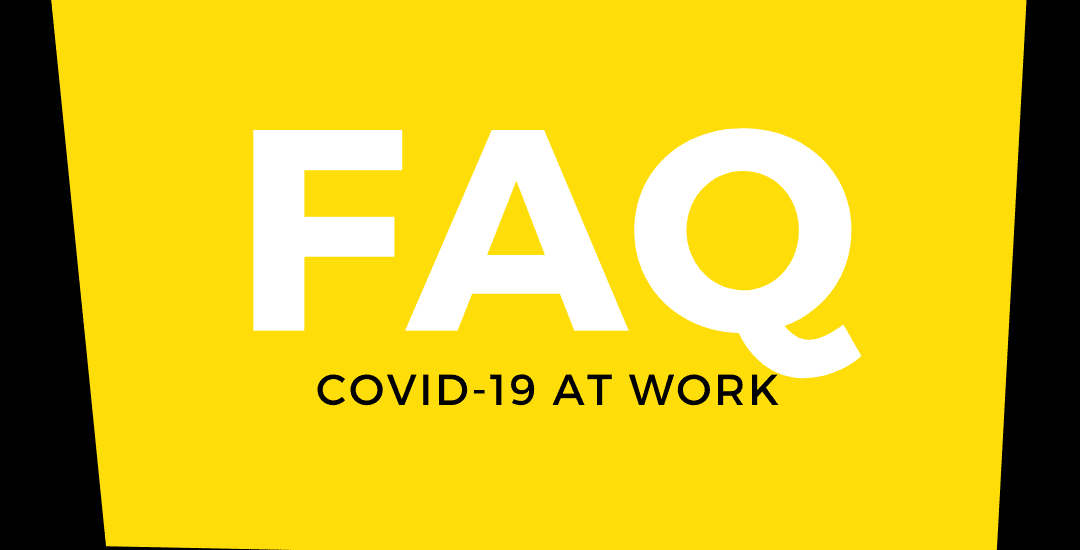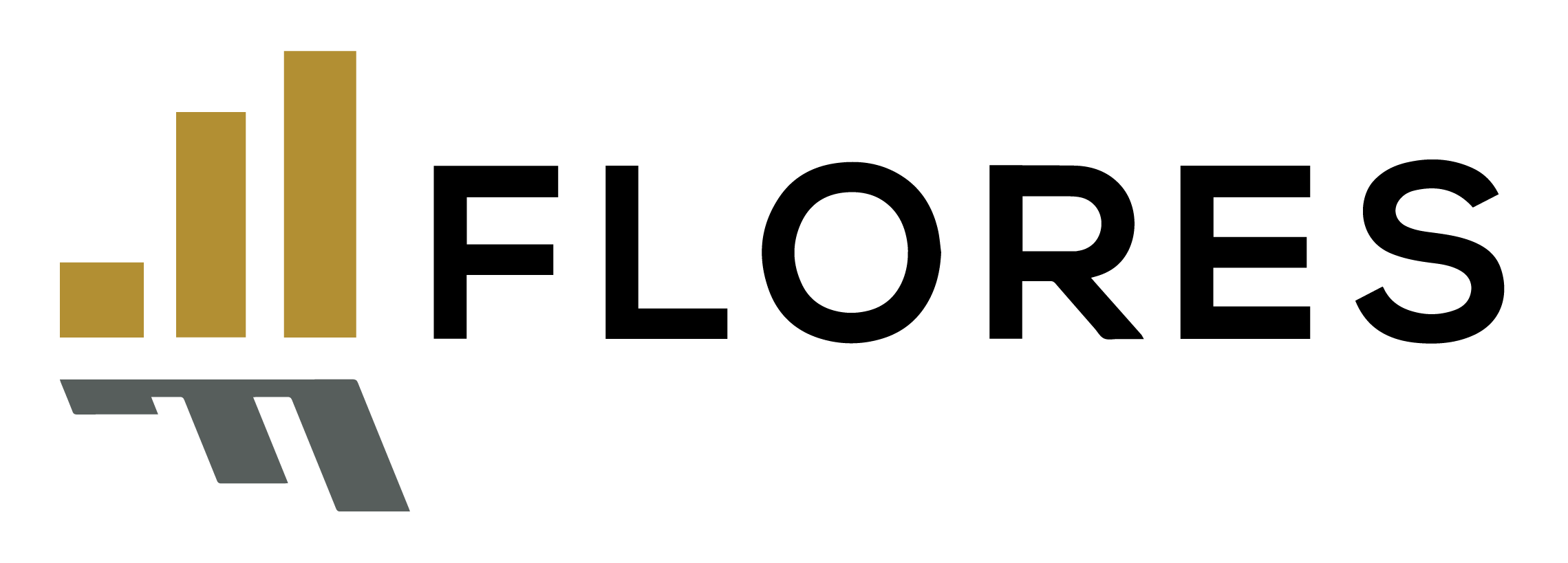FAQs about COVID-19
- March 17, 2020
- Posted by: flores
- Category: flores blog

FAQs about COVID-19
by Mia Reedy, PHR, Director of HR Client Services
What if an employee caught the virus?
Employees who are unable to work due to having or being exposed to COVID-19 (certified by a medical professional) can file a Disability Insurance (DI) claim. Disability Insurance provides short-term benefit payments to eligible workers who have full or partial loss of wages due to a non-work-related illness, injury, or pregnancy. Benefit amounts are approximately 60-70 percent of wages (depending on income) and range from $50 – $1,300 a week.
What if a family member is quarantined?
Californians who are unable to work because they are caring for an ill or quarantined family member with COVID-19 (certified by a medical professional) can file a Paid Family Leave (PFL) claim. Paid Family Leave provides up to six weeks of benefit payments to eligible workers who have a full or partial loss of wages because they need time off work to care for a seriously ill family member or to bond with a new child. Benefit amounts are approximately 60-70 percent of wages (depending on income) and range from $50 – $1,300 a week.
What if my business is affected by the slow economy?
Employers experiencing a slowdown in their businesses or services as a result of the Coronavirus impact on the economy may apply for the UI Work Sharing Program. This program allows employers to seek an alternative to layoffs – retaining their trained employees by reducing their hours and wages that can be partially offset with UI benefits. Workers of employers who are approved to participate in the Work Sharing Program receive the percentage of their weekly Unemployment Insurance benefit amount based on the percentage of hours and wages reduced, not to exceed 60 percent. Visit the Work Sharing Program https://www.edd.ca.gov/unemployment/Work_Sharing_Program.htm
to learn more about its benefits for employers and employees, and how to apply.
Do’s and Don’ts
As concerns about the COVID-19 continue to rise, many employers are left to wonder what they can do to protect their workforce and be proactive. Below are some guidelines to consider.
Do’s:
- Protect your workforce from illness and injury (premised on the state and federal Occupational Safety and Health Administration (OSHA) guidance)
- Routinely clean hard surfaces in the workplace
Have employees wash hands often with soap and water
Employees should cover their coughs and sneezes with a tissue and then throw in the trash - Retrain your supervisors on the importance of not overreacting to situations in the workplace, which could potentially be related to COVID-19, in order to prevent panic among the workforce.
- Reiterate the safety and wellness of your employees and their families remain your top priority.
Don’t:
- Discriminate against employees based upon protected characteristics like medical conditions or national origin (premised on the Title VII and, in California, the FEHA)
If an employer has a remote work option and if an employee’s position is of the nature that it allows remote work, this may be permitted. If your business has an established protocol in place for remote work, this could be a good opportunity to leverage it. Regardless of what you choose to do, you should make your decision based on objective evidence and not emotion or fear.
If employees call out sick with flu-like symptoms, let employees use any accrued Paid Sick Leave or applicable PTO as usual. In general, employees who have symptoms of acute respiratory illness are recommended to stay home until they are free of signs of a fever for at least 24 hours.
Please note that this information is as of March 10, 2020. Should you require more information and updates about the Coronavirus (COVID-19) as the CDC continues to examine the virus, you can visit the CDC’s website at https://www.cdc.gov/coronavirus/index.html
Please reach out to your FLORES HR representative for any additional information or questions about this subject matter at (619) 588-2411.
